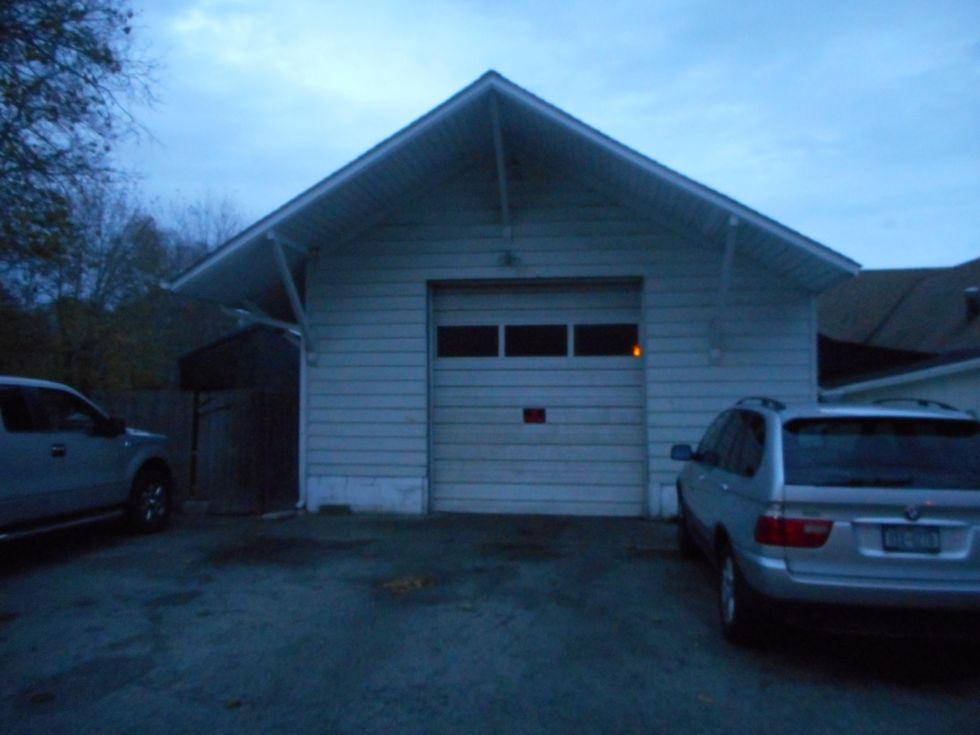What is Radon ?
Radon is a radioactive gas that is normally present in (rough) substrate. When radon penetrates into buildings from the soil through cracks in the floor, joints between walls, the crawl space or through water pipes, it can pile up and reach high concentrations. It is odorless, colorless and tasteless.
Is Radon Dangerous?
Radon is the most dangerous carcinogenic substance in homes. In Belgium, radon is responsible for approximately 40% of irradiation cases among the population. Radon causes approximately 480 cases of lung cancer in Belgium each year. That is about 10% of all cases of lung cancer.
Radon invades the lungs with the air you breathe. Once in the lungs, radon and its decay products irradiate the lung tissue, which can damage it and cause cancer.
The danger of lung tumor relies upon two variables: •
- The radon concentration in your home;
- The time you spend in your home.
The higher the radon concentration and the more time you spend indoors, the higher the cancer risk.Smokers and individuals who are regularly exposed to tobacco smoke have an extra high risk of lung malignancy on the off chance that they are additionally presented to radon.
Where is radon in the soil?
Radon is mainly found in the your back house because the substrate is rocky. However, radon concentrations can also be high outside these areas with increased exposure. In Flanders, too high radon concentrations in buildings are less predictable.
However, recent studies show that the risk of lung cancer is already increasing in chronic introduction to a radon centralization of 100 Bq/m³ . Such radon concentration can occur throughout the territory.
How can you know if there is too much radon in your house?
In some country, the average radon concentration in dwellings is 53 Bq/m³. However, the radon concentration can vary significantly from one region to another and from one building to another. A simple way to know the radon level in your home is using a radon detector that you can find in this article.
In some buildings, radon can penetrate from the substrate more easily than in other buildings. That depends on the type of structure. Moreover, building materials themselves also give radon, albeit much less than the substrate.A closed space, such as a dwelling, it can occur strongly concentrated. This is especially true for poorly ventilated areas.
Estimation is the best way to know whether you and your family are at risk from radon. A simple test with a radon detector suffices to measure the amount of radon in your home. The radon detector is a cylinder-shaped jar in which a sensitive film is located that registers the radon radiation. After an analysis of the film, the radon concentration can be determined. Place this detector for a period of 3 months in the most used room of the house. Usually, this is the kitchen or the living room.
Bottom
The primary source of radon is the substrate. Especially in Wallonia high radon concentrations occur regularly because of the rocky substrate. In Flanders, soil concentrations are not so high. However, through cracks, crevices and openings at the bottom of the building, part of the radon from the depths comes inside the building.
Building materials
Radon occurs in almost every soil species and also in rocks. It is therefore also found in stony building materials such as concrete, natural stone, plaster, cement.
Ventilation
Passive buildings and more insulated buildings increase the risk of insufficient ventilation and aeration. The radon that is released from the soil and building materials will then linger in the building. Proper ventilation is also essential for excellent indoor air quality (more info in the ventilation and aeration of the Fiche).
What would you be able to do to avoid or decrease radon in your home
When the radon concentration in your home is higher than 400 Bq/m³, the FANC recommends that you take measures to reduce this concentration below the 400 Bq/m³ and, if possible, under the 200 Bq/m³.
As the concentration measured at you exceeds this value more and more, it is more appropriate to undertake something. Nonetheless, this does not imply that there is no hazard under this level. Be that as it may, the hazard is littler when the focus is lower.
There are several ways to reduce the radon concentration in the home. These methods are usually designed to throw a barrier against radon or to carry out radon-contaminated air. Some are very simple and inexpensive. The main measures are to raise a barrier against radon and to drain with radon contaminated air.
Improving the impermeability of the building to limit the ingress of radon (doors, cracks in the floor, places where pipes enter the house,...).





 people sitting on chair in front of computer
people sitting on chair in front of computer



 all stars lol GIF by Lifetime
all stars lol GIF by Lifetime two women talking while looking at laptop computerPhoto by
two women talking while looking at laptop computerPhoto by  shallow focus photography of two boys doing wacky facesPhoto by
shallow focus photography of two boys doing wacky facesPhoto by  happy birthday balloons with happy birthday textPhoto by
happy birthday balloons with happy birthday textPhoto by  itty-bitty living space." | The Genie shows Aladdin how… | Flickr
itty-bitty living space." | The Genie shows Aladdin how… | Flickr shallow focus photography of dog and catPhoto by
shallow focus photography of dog and catPhoto by  yellow Volkswagen van on roadPhoto by
yellow Volkswagen van on roadPhoto by  orange i have a crush on you neon light signagePhoto by
orange i have a crush on you neon light signagePhoto by  5 Tattoos Artist That Will Make You Want A Tattoo
5 Tattoos Artist That Will Make You Want A Tattoo woman biting pencil while sitting on chair in front of computer during daytimePhoto by
woman biting pencil while sitting on chair in front of computer during daytimePhoto by  a scrabbled wooden block spelling the word prizePhoto by
a scrabbled wooden block spelling the word prizePhoto by 
 StableDiffusion
StableDiffusion
 StableDiffusion
StableDiffusion
 StableDiffusion
StableDiffusion

 women sitting on rock near body of waterPhoto by
women sitting on rock near body of waterPhoto by 
 Photo by
Photo by  Photo by
Photo by  Photo by
Photo by  Photo by
Photo by  Photo by
Photo by  Photo by
Photo by  Photo by
Photo by  Photo by
Photo by  Photo by
Photo by  Photo by
Photo by 



